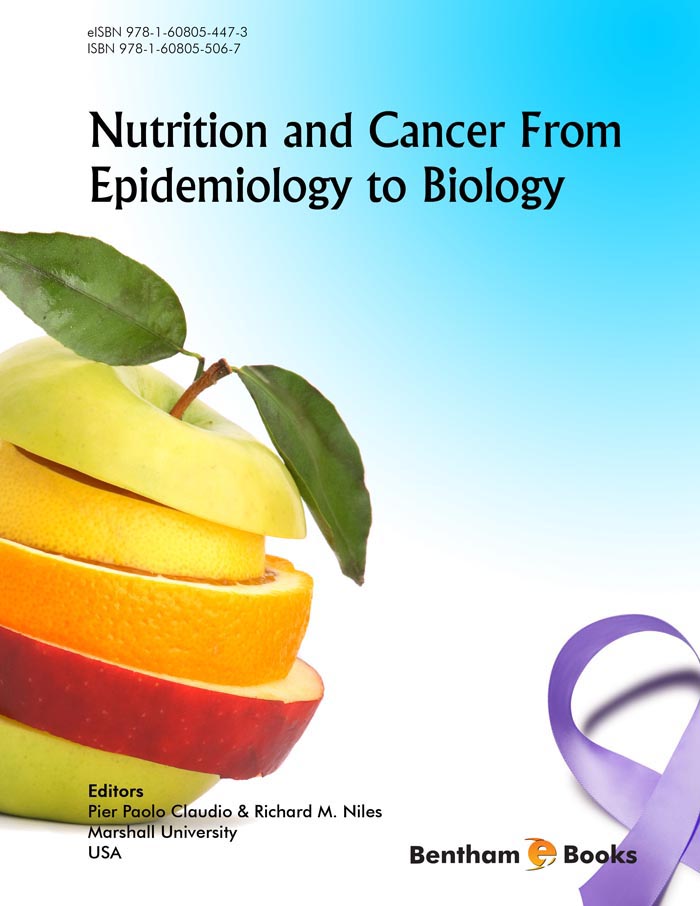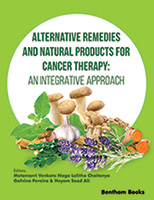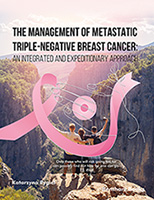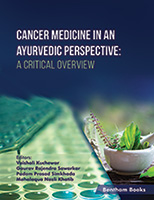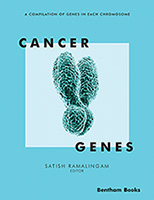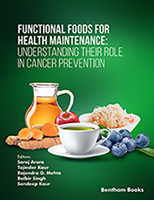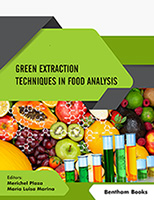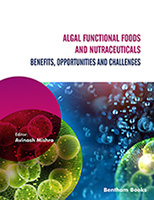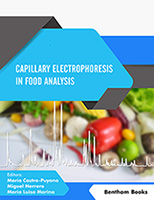Introduction
Various estimates suggest that between 30-40% of all human cancers are related to dietary patterns. Strong epidemiological evidence from population and twin studies points to dietary constituents that either contribute or protect against the development of various forms of cancer.
This e-book reviews some traditional and relatively new areas of nutrition and cancer. Epidemiological data is combined with molecular biology research and, where available, clinical trial data. The emerging science of "Nutrigenomics" is discussed with chapters on the biological role of various nutrition components from red wine, peppers, green tea, fish oil, cruciferous vegetables, retinoids; and the intersection of nutrition and epigenetics in hematopoiesis.
This e-book will be of interest to researchers in the nutrition and cancer field, physicians in family and community medicine, internal medicine and oncology, as well as dieticians providing counseling to cancer patients and cancer survivors.

